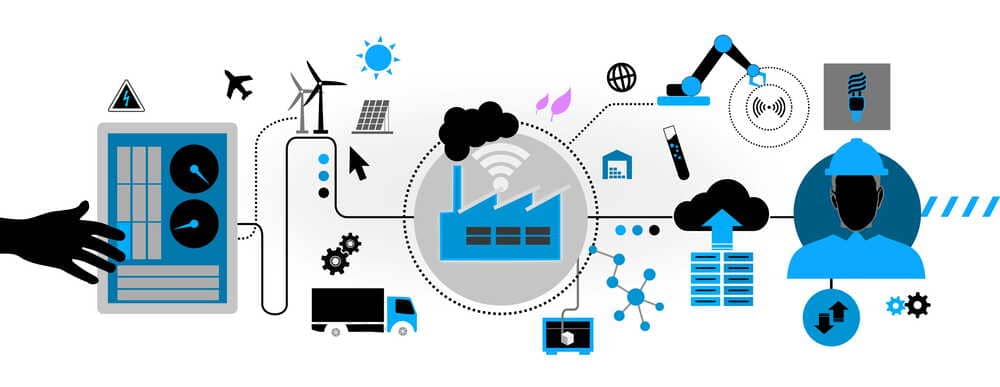Type of course:
Digital learning, Lesson
Language:
EN
Duration:
15 minutes
Workload:
2 hours
Proficiency:
Beginner
Target:
Professionals
This course analyses what are some essential elements for companies to develop a green business strategy. It equips participants with the essential knowledge and skills to consider external and internal factors in an organization to transition from mandatory compliance to proactive, voluntary sustainable actions in the business world.
It provides an overview of the Green Deal, emission trading schemes (ETS) with recent trade policy updates such as border tax adjustments (like the EU CBAM), and the role of ESG finance.
Then it integrates the external sources of pressure with internal considerations including product-process dynamics and cost savings versus differentiation and eco-branding.
Materiality matrices are examined as effective engagement tools, especially for supply chain involvement, within sustainability strategies. Finally, principles of change management will be presented to guide participants in fostering organizational shifts towards sustainability.
Learning outcomes
- Understand the shift from compliance-driven approaches to voluntary sustainable actions, and analyse external sources of pressure from the political and regulatory world, such as the Green Deal, ETS, and CBAM and their implications on business operations and sustainability strategies.
- Identify opportunities and challenges posed by ESG finance trends for sustainable business growth.
- Differentiate between product-focused, process-oriented sustainability strategies, cost savings and eco-branding efforts, know how to use materiality matrices and change management principles
Course Content
Topics
Environmental Sustainability, Sustainable Energy and Clean Technologies, Sustainable Manufacturing, Transversal Skills, Entrepreneurship









